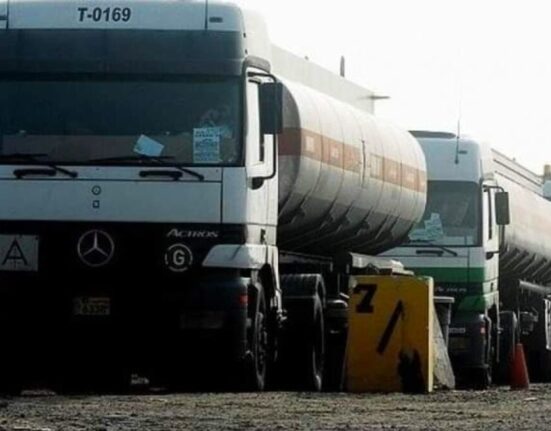KABUL — With Eid al-Adha just days away, livestock markets have sprung up across Kabul. But unlike previous years, the bustling scenes that typically mark this season have been noticeably subdued.
Vendors in Kabul say that while they’ve brought their animals to market as usual — the culmination of months of care and preparation — both livestock prices and purchasing power are down significantly. Many say this year’s market is missing the vibrant energy that usually accompanies the lead-up to one of Islam’s most important holidays.
“The prices are lower than last year, but still people aren’t buying,” said Khwaja Afzal, a livestock seller in the city’s Company neighborhood, one of the main hubs for animal trade. “Last year, a sheep would sell for around 3,100 afghanis. This year, it’s below 3,000. But even then, sales are slow.”
The week preceding Eid al-Adha typically sees a surge in livestock sales, as families purchase sheep, goats or cows for the ritual sacrifice. But this year, several vendors said foot traffic had thinned and buyers were hesitant.
“The market is here, but it’s not what it used to be,” said Zabih, another livestock seller. “Compared to last year, it’s much quieter.”
In different corners of Kabul — including Company, one of the largest livestock markets — traders have set up makeshift pens, hoping to attract customers. Still, many voiced frustration.
“Since last year, things have really gone downhill,” said Khalid, a herder. “We’ve suffered losses.”
Customers, too, cited economic pressures.
With an estimated 23 million Afghans in need of humanitarian assistance and the economy in freefall since the Taliban’s return to power, families across the country are struggling to meet even basic needs. The cost of meat, even at reduced prices, remains beyond reach for many.
As one shopper put it bluntly: “It’s not just about sacrificing an animal — many people can barely afford to set a meal on the table.”
Though the pens remain open and the sheep still bleat, Kabul’s Eid markets this year tell a quieter story — one shaped more by austerity than celebration.





